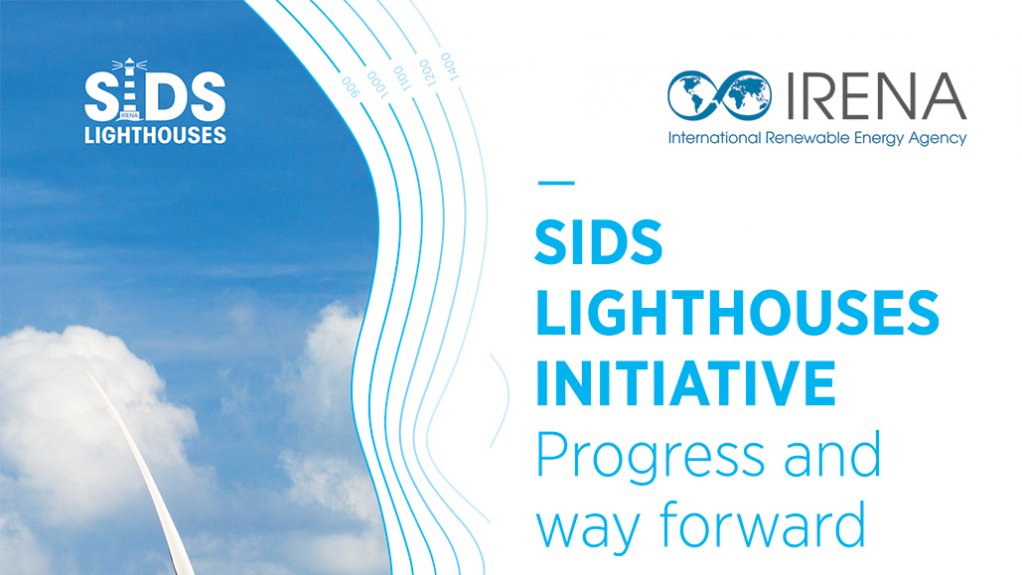- From pledges to action for Small Island Developing States in energy transition and climate resilience14.91 MB
Small Island Developing States (SIDS) have suffered immeasurably due to decades of recurring natural disasters that have continued to worsen as a result of the impacts of climate change. At the 27th meeting of the United Nations Climate Change Conference of Parties (COP27), held in Sharm El Sheikh in November 2022, the countries agreed to set up a specific fund on loss and damage for vulnerable countries, including SIDS, to address their existential threats.
Developing countries are also calling for streamlined procedures to accompany the proposed loss and damage fund. These procedures will enable easy access to climate adaptation and mitigation financing for technology transfer and capacity support for SIDS. Additionally, the first global stocktake (GST) of Article 14 of the Paris Agreement represents a crucial opportunity for enhancing the collective ambition of action towards achieving the long-term objectives of the Paris Agreement. Stocktaking of regional and local initiatives is a prerequisite to ratcheting up the multisectoral energy transition with a view to boosting climate action on the 1.5-degree Celsius (°C) pathway. It will also provide the basis for enhancing international co-operation for energy transition and climate action in SIDS, recognising that their targets remain conditional on international support.
The financing of SIDS’ climate pledges will facilitate the energy transition and action on the ground, yet the developed countries have not met the initial pledge to provide USD 100 billion (United States dollars) annually for the vulnerable countries.
The International Renewable Energy Agency’s (IRENA’s) analyses highlight that over 90% of the solutions to achieve the 1.5°C pathway involve renewable energy through direct supply, electrification, energy efficiency (EE), green hydrogen and bioenergy that can be deployed rapidly and at scale. Furthermore, SIDS have shown climate leadership in this regard, reflected in the 34 updated Nationally Determined Contributions (NDCs). Of these 34 NDCs, at least 18 have underscored stronger pledges to amplify energy targets in the power and end-use sectors, such as transport, heating and cooling.
Report by International Renewable Energy Agency
EMAIL THIS ARTICLE SAVE THIS ARTICLE ARTICLE ENQUIRY
To subscribe email subscriptions@creamermedia.co.za or click here
To advertise email advertising@creamermedia.co.za or click here











